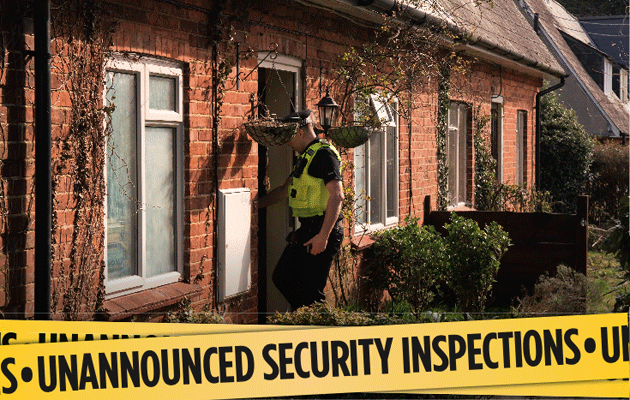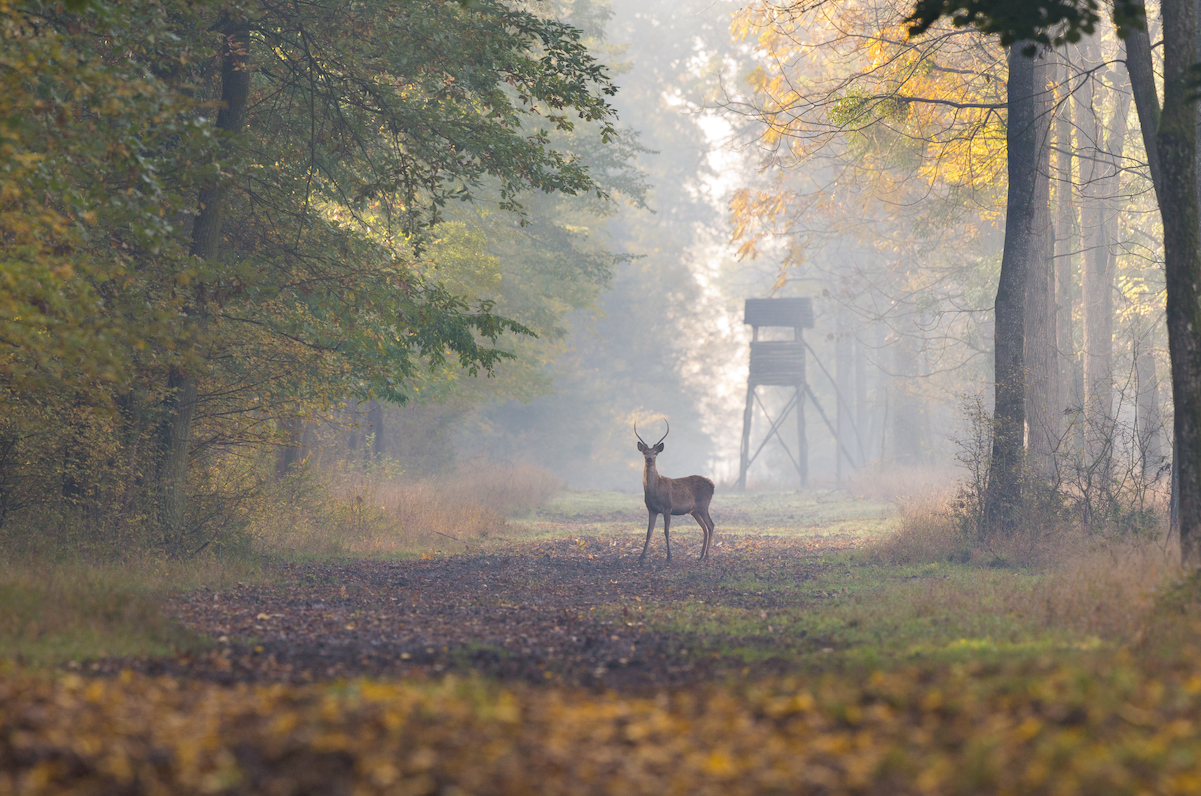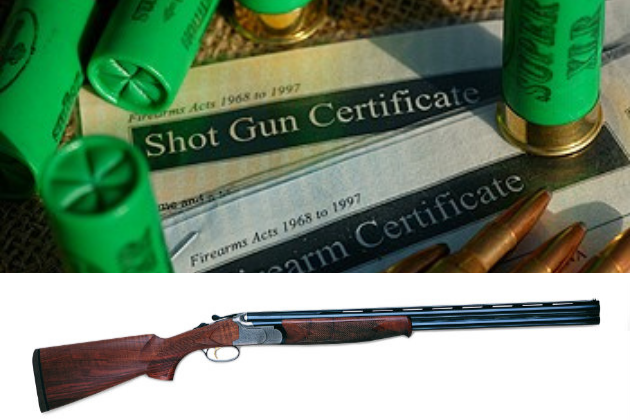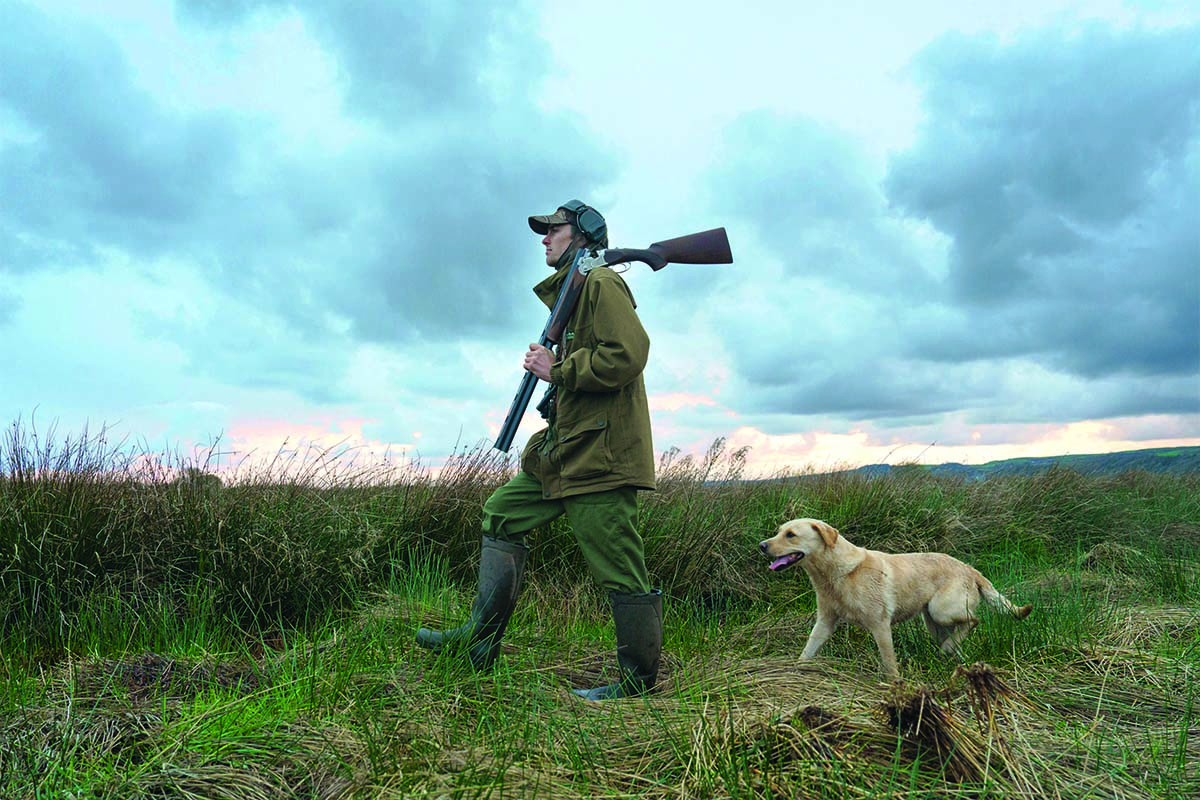Why unannounced police visits are wrong
As new Home Office guidance sanctions evidence-led unnanounced police visits, David Frost explores the contradictions of this punitive campaign

Until this month, if firearms licensing staff needed to visit they were supposed to make an appointment. When it was announced that the Home Office guidance to the police was to be altered to sanction evidence-led unannounced visits to inspect security, my initial reaction was that the police had declared open season on legitimate certificate holders. That was bad enough, but worse was to come.
The new guidance says: “Where it is judged necessary, based on specific intelligence in relation to threat, risk and harm, the police may undertake an unannounced home visit to check the security of a certificate holder’s firearms and shotguns. It is not expected that the police will undertake an unannounced home visit at an unsocial hour unless there is a justified and specific requirement to do so on the grounds of crime prevention or public safety concerns. It is recognised that there is no power of entry for police or police staff when conducting home visits. To mitigate any misunderstanding on the part of the certificate holder the police must provide a clear and reasoned explanation to the certificate holder at the time of the visit.”
Vociferous campaign
Judging by their websites, most shooting organisations seem to have gone along with this. Quite what they were told that would convince them of its necessity is unclear. It must have been particularly difficult for BASC, which campaigned vociferously against a similar local initiative in North Wales a couple of years ago.
Reading between the lines of the Association of Chief Police Officers (ACPO) press release, it seems that the main concern is criminals and terrorists getting hold of guns. The media tells us the security services are watching over 1,000 potential terrorists – radical Islamists and returning jihadis in the main. Terrorists like gruesome spectaculars, and the guns kept in the average household are not well suited to these. Anyway, given the quantity of drugs and the number of illegal immigrants who get into the country, it isn’t beyond a terrorist group to get arms in without stealing them from us.
It’s difficult to see why unannounced visits are needed, unless it is with the specific aim of catching people out. Naturally, ACPO denies this, but actions speak louder than words. What’s wrong with a written circular to all certificate holders reminding them of the need for secure storage and highlighting possible threats? if there are holders on the margins about whom the police have a specific security concern, they can visit them by appointment.
Adequate provision
The police have always had the right to revoke certificates if holders are deemed a threat to public safety or the peace. In extreme cases the police can obtain a warrant to enter premises. These powers have always proved adequate, and it’s difficult to see why unannounced visits are now thought necessary. We’ve lived with terrorism for years, and the best way of giving in to it is to reduce our civil liberties.
There were 415 guns stolen in 2013, representing just 0.022 per cent of those lawfully held. These figures do not suggest anything remotely resembling a serious problem. Roughly one household in every hundred will have guns. The chance of a casual burglary leading to the theft of these is small, unless the criminals have some knowledge of where guns are kept.
With this in mind, the Met advises against using certificates as a form of ID. That makes sense to me, and I suggest readers heed that advice. ACPO, however, is keen to widen the list of people who know where guns are kept. Your GP is now routinely told if you are granted a certificate. What they do with that information is up to them, but in some cases your medical notes will be conspicuously marked, and from my conversations with ACPO I know they would like to see this marking extended.
No warning
You may or may not be worried about that information becoming widely available across the NHS. It’s worth remembering that Bilal Abdullah, a doctor working in the NHS, was jailed for a minimum of 32 years for his part in the 2007 glasgow airport bombing and an earlier bombing in London. Sabeel Ahmed, brother of the terrorist who died of his burns, was another NHS doctor. He was jailed for 18 months in 2008 for failing to disclose information about the attack to the police. Last year he was named in India as being behind a recruiting campaign for an islamic terror group — which he denies. One of the four people arrested in London earlier this month was a would-be medical student. In short, the NHS may not be the safe repository of firearms data that it first appears.
To back up the visits campaign, which started a mere two days after it was announced and before the shooting organisations could properly inform their members about it, a Crimestoppers hotline was set up. It was consequently closed after public backlash.
ACPO says: “If you are concerned that guns are being kept insecurely or notice signs that shooters may be vulnerable to criminal or terrorist groups or have shown sympathy towards extremist acts, please report it.”
The Crime Prevention Minister, Norman Baker MP, talked about tough gun laws before saying: “I would also encourage the public to report any concerns they have about firearms licence-holders to the new, dedicated Crimestoppers helpline.” Baker’s appointment to the Home Office was controversial, and he’s a well- known animal rights supporter who has criticised shooting. One may well ask if he’s using his new position to make life difficult for the shooting community.
Be prepared
Condition four on your certificate requires that guns be kept securely. I have no sympathy for anyone who fails to do this and suffers the consequences. However, the ACPO campaign is ham-fisted and heavy-handed and is guaranteed to alienate the shooting public.
Read the new Home Office guidance carefully. If you do get an unannounced visit make sure the call is at a social hour; that the police have specific intelligence relevant to you; and that you are provided with a clear and reasoned explanation for the call. If you fail to get all three of these tell them to come back another time. If the certificate holder is not present, the police should always be asked to return at a convenient time. If you encounter problems, get in touch with your shooting organisation who will be monitoring the progress of these inspections.









